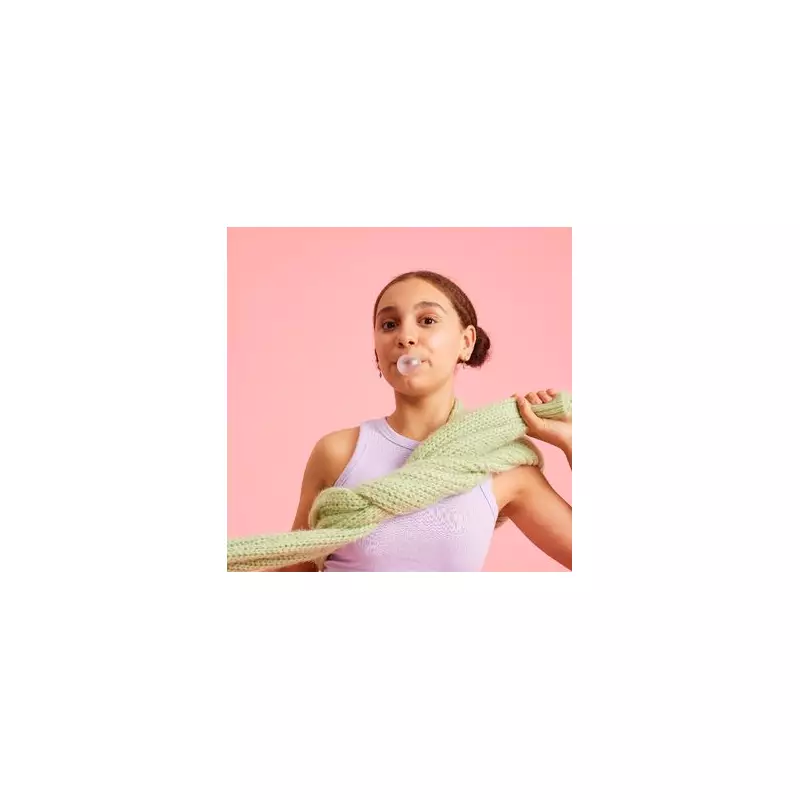
Alarming new research has exposed a disturbing mental health crisis among British teenage girls, directly linked to TikTok's latest viral 'deinfluencing' trend. The study reveals that constant exposure to product criticism and shopping advice is causing severe anxiety, concentration problems, and significant emotional distress.
The research, conducted by Censuswide for Nationwide Building Society, surveyed 2,000 UK teenagers aged 13-17. The findings paint a concerning picture: 57% of teenage girls report that the trend has negatively impacted their mental health, while 45% admit it has affected their ability to concentrate in school.
The Psychological Toll of Constant Consumer Criticism
Unlike traditional influencing that promotes products, deinfluencing involves creators criticising or warning against certain purchases. This constant stream of negative content has created a new form of digital anxiety among young viewers.
"Teenagers are being bombarded with contradictory messages about what they should and shouldn't buy," explains the report. "This creates decision fatigue and constant second-guessing that's particularly affecting girls' mental wellbeing and academic performance."
Financial Pressure and Social Comparison
The trend isn't just causing psychological distress—it's also creating financial pressure. Thirty-eight percent of teens feel compelled to keep up with rapidly changing trends, while 32% admit to spending beyond their means to avoid social exclusion.
Nearly half (48%) of teenagers report feeling overwhelmed by the sheer volume of shopping advice, with many experiencing anxiety about making 'wrong' purchasing decisions that might draw criticism from peers.
Gender Divide in Social Media Impact
The research highlights a significant gender gap in how social media trends affect teenagers. While boys also experience pressure, girls show markedly higher rates of anxiety, concentration issues, and financial stress related to deinfluencing content.
Experts suggest this may be due to different social media usage patterns and the types of content targeted at each demographic, with beauty and fashion content—particularly prone to deinfluencing—affecting girls more significantly.
Protecting Young Minds in the Digital Age
Nationwide is responding to these findings by launching a new campaign to improve young people's financial and digital literacy. The initiative includes educational resources to help teenagers navigate online shopping pressures and recognise manipulative content.
"Young people need tools to critically evaluate the content they consume and understand how it might be affecting their mental health and financial decisions," said a Nationwide spokesperson. "This research shows we cannot ignore the very real impact viral trends have on teenagers' wellbeing."
The study serves as a crucial warning to parents, educators, and policymakers about the unintended consequences of social media trends on youth mental health, particularly as new platforms and content formats continue to emerge.





